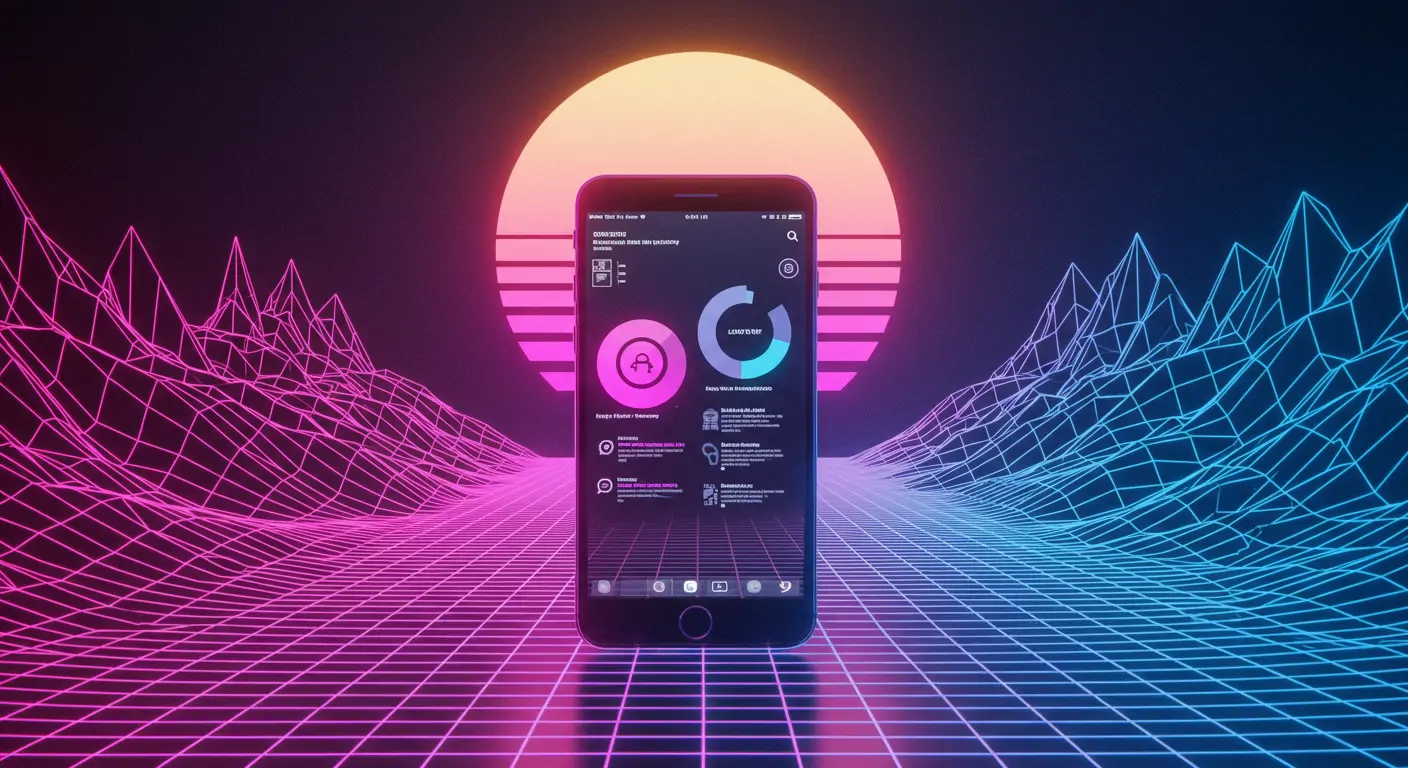The New Reality: Why This Matters Now
In 2025, AI agents are not just a buzzword but a revolutionary force reshaping mobile app development. A recent Gartner report indicates that by mid-2025, 75% of mobile apps will incorporate some form of AI agent, up from just 30% in 2023. This trend is set to redefine how startups approach innovation, customer interaction, and operational efficiency.
Read time: 12 minutes
Current State: What's Happening Right Now
As of 2024, tech giants like Google and Apple have launched AI-driven development kits aimed at democratizing AI integration in mobile applications. In June 2024, Google announced a 50% increase in users for its AI-driven Firebase platform, showcasing the appetite for AI tools among developers. Meanwhile, Apple reported a 40% rise in app store submissions featuring AI functionalities in Q1 of 2025, illustrating the rapid adoption rate.
With the global mobile app development market projected to reach $407 billion by 2025, AI agents are positioned as key drivers of this growth. Traditional development methods, often plagued by inefficiencies and high costs, struggle to keep pace with the agility and personalization offered by AI agents.
Key Drivers: What's Fueling This Trend
Driver 1: Technological Advancements
AI technology has advanced significantly, with models like OpenAI's GPT-4 demonstrating robust natural language processing capabilities. These advancements allow AI agents to automate complex coding tasks, reducing development time by up to 40%.
Driver 2: Economic Pressure
Startups face mounting pressure to deliver high-quality products quickly. AI agents offer a competitive edge by cutting costs up to 30% on average, as reported by TechCrunch in early 2025.
Driver 3: User Expectations
Today's users demand personalized and intuitive app experiences. AI agents help tailor content and functionalities in real-time, enhancing user satisfaction and retention by 25%, according to a Forrester survey.
Real-World Impact & Case Studies
Case Study 1: Airlift Technologies
Airlift Technologies, a logistics startup, integrated AI agents to optimize route planning. This led to a 35% reduction in delivery times and a 20% increase in customer satisfaction, catalyzing a successful Series B funding round in March 2025.
Case Study 2: HealthifyMe
- Implemented AI agents for personalized diet recommendations
- Achieved a 50% increase in user engagement within the first quarter
- Key lesson: Personalization drives user loyalty
Challenges & Criticisms
While AI agents offer numerous benefits, they are not without challenges. Concerns over data privacy and algorithm bias remain prevalent. Critics argue that over-reliance on AI could stifle creativity and human intuition in app development.
A recent study by the Pew Research Center highlights that 62% of tech professionals express skepticism about regulatory frameworks keeping pace with AI advancements, indicating potential pitfalls.
Future Outlook: What's Next
In the next 6-12 months, expect to see AI agents increasingly embedded in every stage of app development, from ideation to post-launch analysis. By 2027, AI-driven apps could dominate 85% of the app store market share. Startups should prepare by investing in AI training and infrastructure, ensuring they can leverage this technology effectively.
Conclusion: Key Takeaways
- AI agents are reshaping mobile app development, making it faster and more personalized.
- Startups must adapt quickly to remain competitive in an AI-driven market.
- Addressing ethical and regulatory challenges will be crucial for sustainable growth.
For further insights, explore our in-depth guides on AI integration strategies and the latest mobile app development trends.




